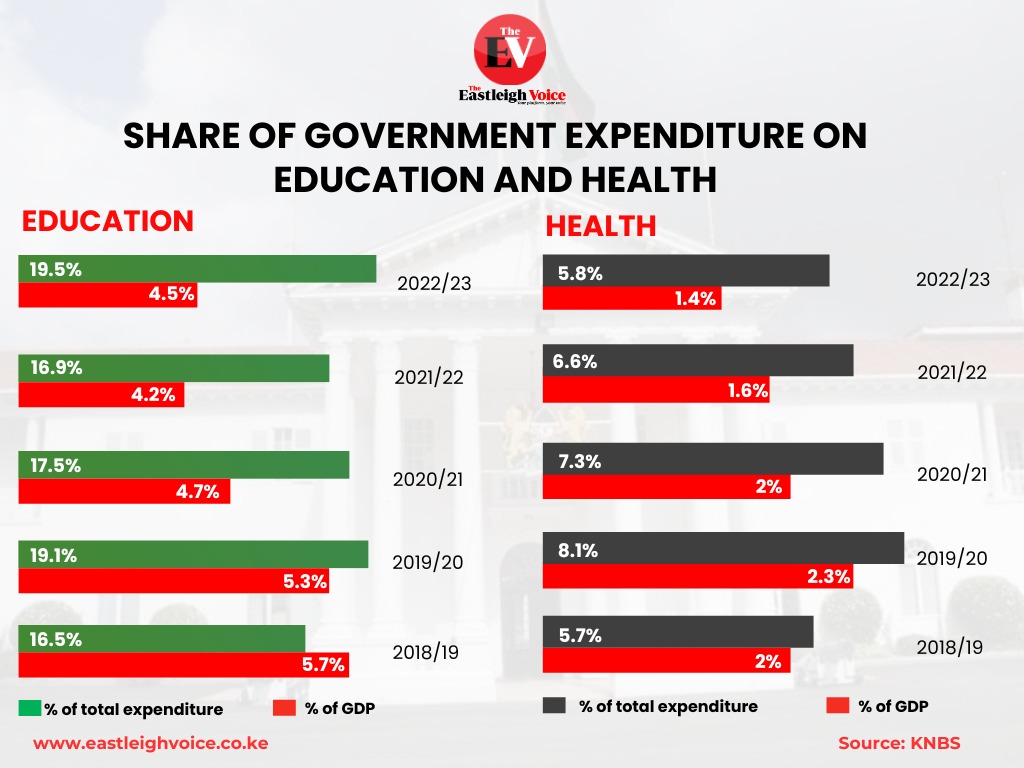Google to delete billions of data records in privacy lawsuit settlement

The decision comes amid increasing scrutiny over tech companies' handling of personal data and their obligation to protect user privacy.
Tech giant Google has committed to deleting billions of data records, addressing allegations of covert tracking and monitoring of users' internet activities, even when browsing in private or incognito mode.
The decision comes amid increasing scrutiny over tech companies' handling of personal data and their obligation to protect user privacy.
More To Read
- Google will no longer warn users about Dark Web leaks starting 2026
- Snapchat rolls out private end-of-year Recap for users
- Google unveils headphone-ready live translation feature on Android
- Google raises AI stakes as OpenAI struggles to stay on top
- Google Photos rolls out redesigned video editor for Android and iOS
- Google launches Workspace Studio, enabling anyone to build Gemini-powered AI agents
Attorneys representing the plaintiffs hailed the settlement as a significant victory, with estimates pegging its worth between $5 billion and $7.8 billion. While Google will not pay damages under the settlement, individual users retain the option to pursue legal action against the company.
"This settlement represents a major milestone in holding tech companies accountable for their actions and prioritising user privacy," lawyer David Boies, representing the plaintiffs, said in a proposed settlement filed Monday in San Francisco federal court.
Initiated in 2020, the class action covers millions of Google users who used private browsing from June 1, 2016 onwards.
As part of the settlement, Google has agreed to purge data collected from users who employed the Chrome browser's incognito mode, designed to offer a more private browsing experience by not storing the history.
"The agreement underscores Google's commitment to enhancing transparency and accountability in its data practices," remarked Boies. "This marks a historic step towards ensuring honesty and responsibility from dominant technology companies."
Under the terms of the settlement, Google will update disclosures regarding its data collection practices during private browsing and allow incognito users to block third-party cookies for five years.
Third-party cookies are small files which are used to target advertising by tracking web navigation and are placed by visited sites and not by the browser itself.
Google earlier this year began limiting third-party cookies for some users of its Chrome browser, a first step towards eventually abandoning the files that have raised privacy concerns.
It announced in January 2020 that it would begin eliminating third-party cookies within two years, but the start has been delayed several times amid opposition from web media publishers.
Cookies have recently been subject to greater regulation, including the European Union's General Data Protection Regulation introduced in 2016 as well as regulations in California.
The deletion of records is anticipated to curtail the amount of data Google collects from users' private browsing sessions, thereby mitigating privacy concerns.
Google spokesperson Jose Castaneda expressed the company's satisfaction with the settlement, which it had consistently deemed "meritless."
"We are pleased to resolve this matter and continue our commitment to protecting user privacy," Castaneda said in a statement.
"We are happy to delete old technical data that was never associated with an individual and was never used for any form of personalisation."
The settlement, reached last December following a preliminary agreement, averted a trial set for February 5, 2024.
While the specific terms were initially undisclosed, the plaintiffs' legal team intends to seek reimbursement of legal expenses from Google in due course.
The lawsuit, filed in a California court, claimed Google's practices had infringed on users' privacy by intentionally deceiving them with the incognito option.
The original complaint alleged that Google had been given the "power to learn intimate details about individuals' lives, interests, and internet usage."
"Google has made itself an unaccountable trove of information so detailed and expansive that George Orwell could never have dreamed of it," it added.
A hearing is slated for July 30 before Judge Yvonne Gonzalez Rogers, who is to decide whether to approve the deal that would let Google avoid a trial in the class-action suit.
Additional reporting by AFP
Top Stories Today












































